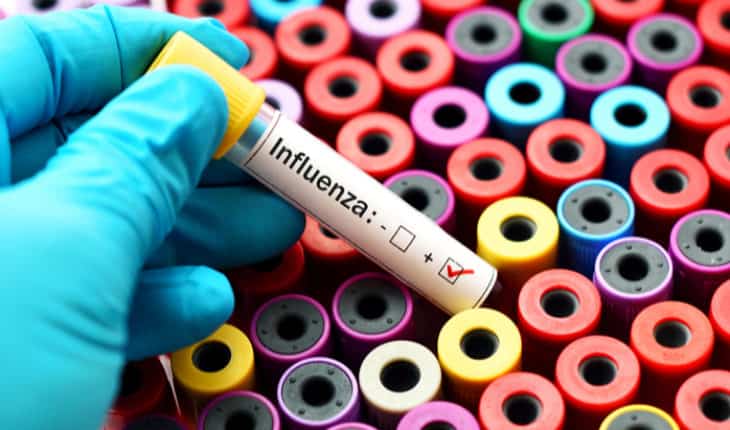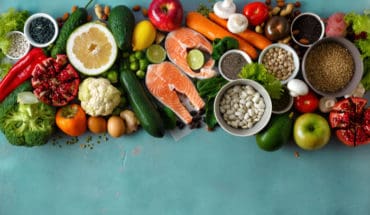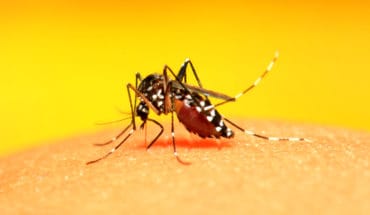A new study published in npj Vaccines has shown that growing influenza viruses in specialised cell lines, rather than chicken eggs, improves the likelihood they will match circulating influenza viruses, potentially resulting in more effective seasonal flu vaccines.
Influenza vaccines are used each year to combat seasonal and potential pandemic influenza viruses.
As influenza viruses mutate and evolve continuously in nature, influenza vaccines must be updated each year. As some strains mutate more rapidly than others, the vaccines that are developed are not always a perfect match for the virus which is circulating.
First author on the paper Dr Heidi Peck, Head of Serology at the WHO Collaborating Centre for Reference and Research on Influenza at the Doherty Institute explained that most of these vaccines are still made using the traditional method where Candidate Vaccine Viruses (or CVVs) are grown in chicken eggs, before being inactivated and formulated into the seasonal or pandemic vaccines.
“Chicken eggs have been the preferred medium as the virus grows to a high level in this environment once they are adapted,” Dr Peck said.
However, some seasonal influenza viruses cannot be adapted to grow in eggs and hence the choice of vaccine viruses available for growth in eggs may be limited, and will not closely match the circulating viruses which is ideal for vaccines.
“Our paper which compares the result of a decade long study has shown that using specialised cell lines instead of eggs to grow the virus could mitigate this risk.”
Last author on the paper Professor Ian Barr, Deputy Director of the WHO Collaborating Centre for Reference and Research on Influenza at the Doherty Institute explained that this was because the influenza virus isolation rates in the cells used for vaccine production were at least twice as good as those in eggs.
“Also, while unwanted changes in the viral surface protein, (known as the haemagglutinin protein) is common when we grow CVVs in eggs, it is rarely seen when influenza viruses are grown in these cell lines, and these unwanted changes may reduce the effectiveness of some components of the seasonal influenza vaccine” Professor Barr said.
“This means by using cells instead of eggs, we will improve the number of CVVs we have to choose from and therefore are more likely to be able to match the vaccines to the circulating influenza viruses, resulting in a more effective vaccines.”
In line with this expectation, the UK Joint Committee on Vaccination and Immunisation have made a preferential recommendation for cell-based influenza vaccines over egg based vaccines for children aged from 2 years to less than 18 years and for adults from 18 years to less than 65 years for UK’s 2021/2022 influenza season.
First published by The Doherty Institute.
- New lipid-based pathway discovered as key to memory formation - 25th June 2025
- Crucial link could explain how Alzheimer’s takes hold - 25th June 2025
- Understanding Your Mind Can Improve Daily Life - 25th June 2025







